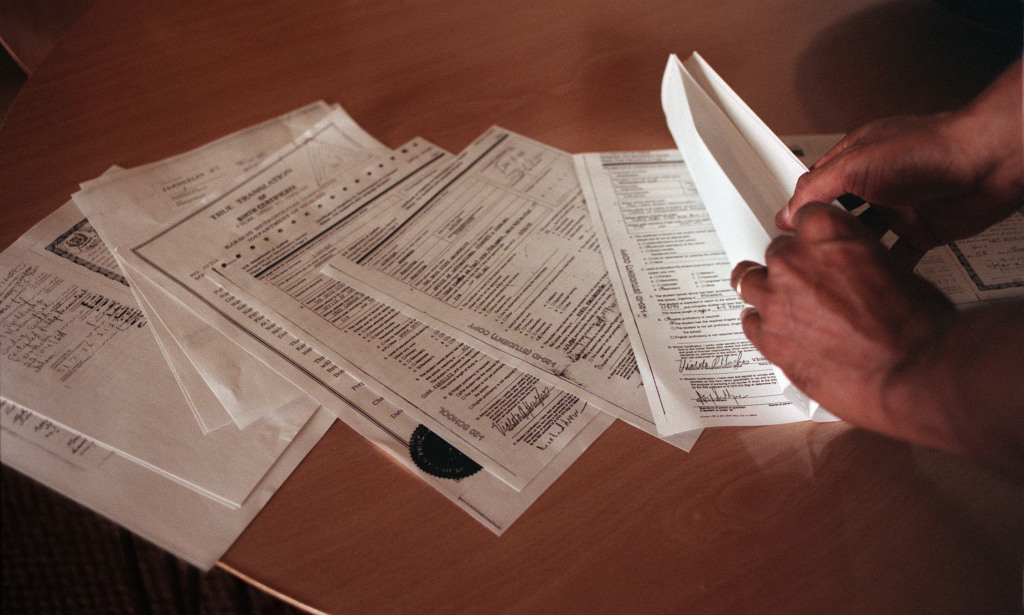After two courts ruled against a federal government policy on the use of H-1B visa workers by staffing and outsourcing companies, an industry group has won a major victory in a settlement with the government amid an ongoing lawsuit.
The agreement between the government and the ITServe Alliance, which represents firms that place foreign workers at U.S. companies, requires U.S. Citizenship and Immigration to scrap a 2018 policy memo widely seen as a blow to the IT staffing and outsourcing industry. The memo, which according to the deal made this week must be tossed out within 90 days, requires companies placing H-1B holders at third-party firms to provide the government with evidence for the duration of the requested visa term of where the foreign citizens will work and what jobs they will do.
While the memo says a legitimate and common business model exists for placing foreign citizens at third-party companies, it also asserts that “significant employer violations — such as paying less than the required wage, benching employees (not paying workers the required wage while they wait for projects or work) and having employees perform non-specialty occupation jobs — may be more likely to occur when petitioners place employees at third-party worksites.”
In March and May, federal judges overseeing lawsuits related to H-1B denials deemed invalid the policy requiring job-placement details for the entire requested H-1B visa term.
Citizenship and Immigration, under the settlement, must stop requiring an itinerary of dates and locations for H-1B workers’ employment, until the agency comes up with new guidance on the issue. It must also re-evaluate H-1B applications that were at issue in the lawsuit, filed in U.S. District Court in Washington, D.C.
The H-1B has become a flashpoint in America’s immigration debate. The tech industry, including Silicon Valley giants, is pushing to expand the annual 85,000 cap on new visas, arguing they need more of them to secure the world’s top talent. Critics point to reported abuses of a program they say allows companies — from outsourcers to tech giants — to replace Americans with cheaper foreign labor, drive down wages and outsource U.S. jobs.
The administration of President Donald Trump has promised to overhaul the H-1B program, but has failed to deliver promised major changes such as redefining what jobs qualify for the visa, and banning spouses of many H-1B holders from employment. Under Trump, visa denials for staffing and outsourcing firms have skyrocketed.
Wednesday’s settlement, a copy of which was obtained by Bloomberg Law, covers only a portion of the claims made in the ITServe Alliance lawsuit, which alleges Citizenship and Immigration has targeted the staffing, consulting and outsourcing industries for H-1B restrictions.










